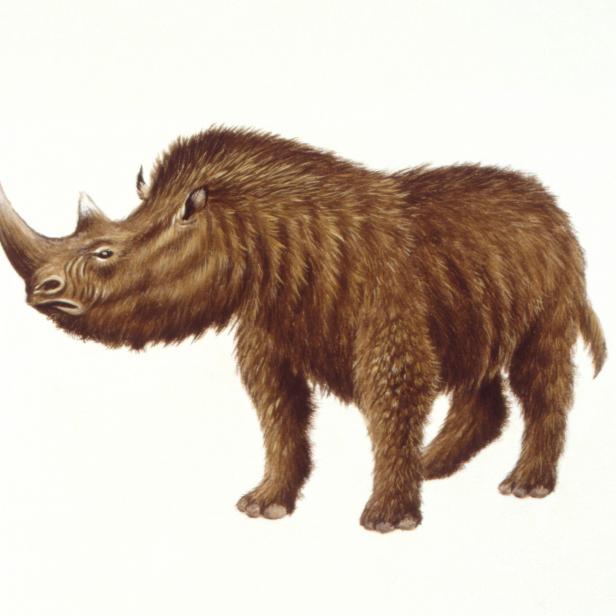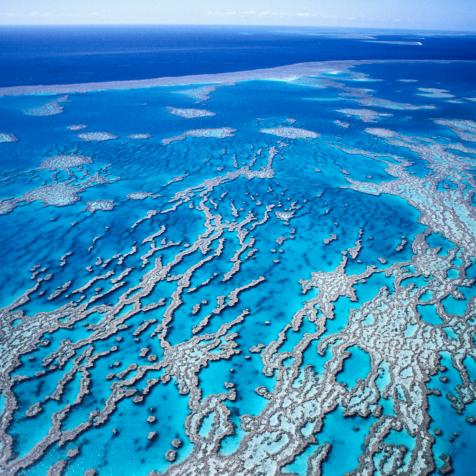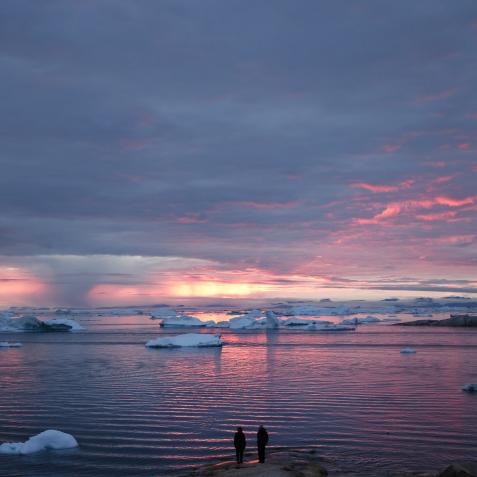
DE AGOSTINI PICTURE LIBRARY
A Woolly Rhino was the Last Meal of a Prehistoric Puppy
Russian Scientists are hypothesizing that the last living Woolly Rhino was eaten as the last meal of a puppy!
In a mysterious story, Russian scientists had spent nearly 10 years studying the very well preserved remains of a prehistoric puppy of a dog or wolf. Once they got to the stomach contents, they found a rare surprise. What they had assumed was the commonly-found remnants of the puppy's last meal of a cave lion, actually turned out to be more surprising. After some DNA sequencing, it was determined that the last meal was likely one of the sole surviving woolly rhinos in existence.
This timeline was determined because the puppy's remains are confirmed at 14,000 years old, and the woolly rhinocerous went extinct around the same time. A professor of evolutionary genetics, Love Dalen, spoke to CNN, "We have a reference database and mitochondrial DNA from all mammals, so we checked the sequence data against that and the results that came back -- it was an almost perfect match for woolly rhinoceros."
There is a lot of speculation on what went down on those final days of both the woolly rhinocerous and the wolf or dog puppy. But we can confirm that it is known that the death of the puppy likely occurred soon after that of the rhino.


















